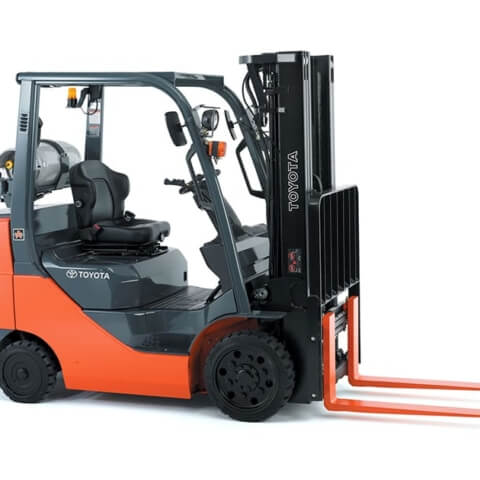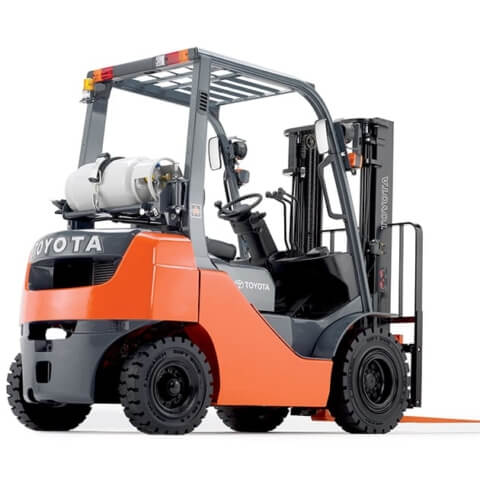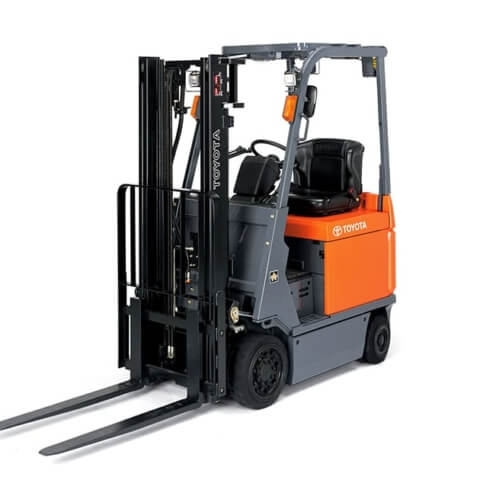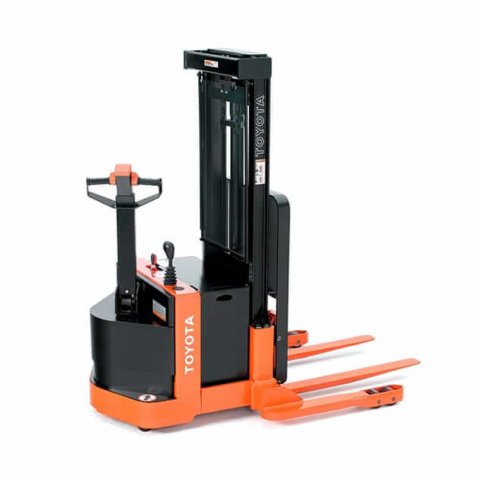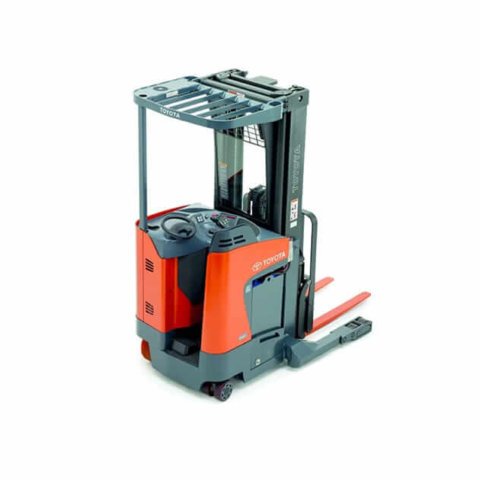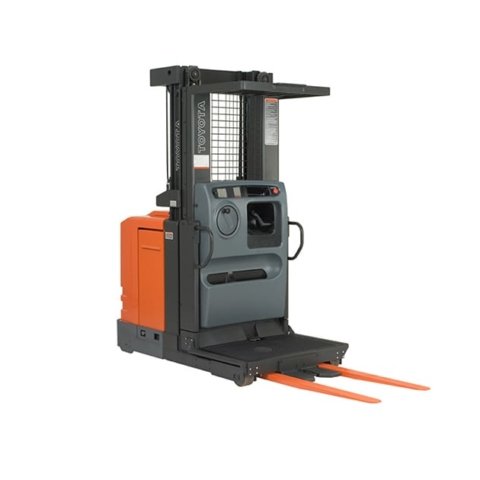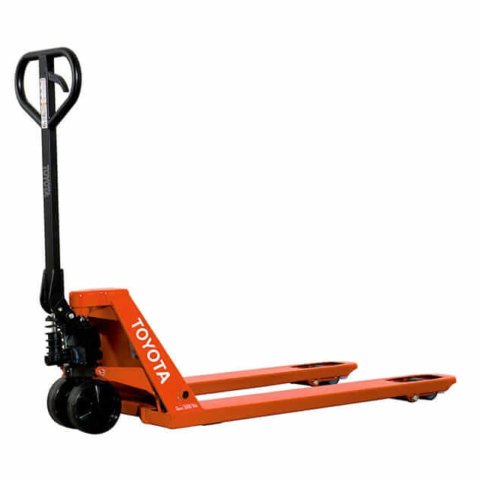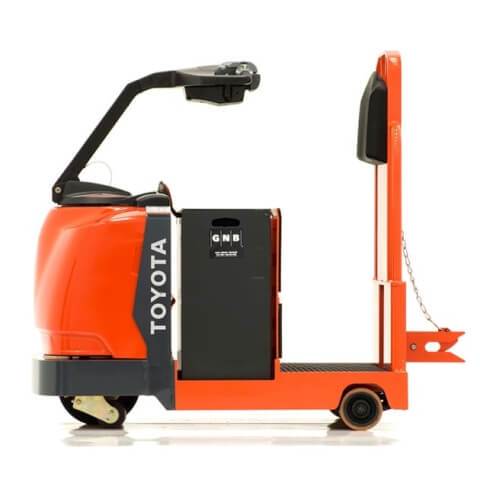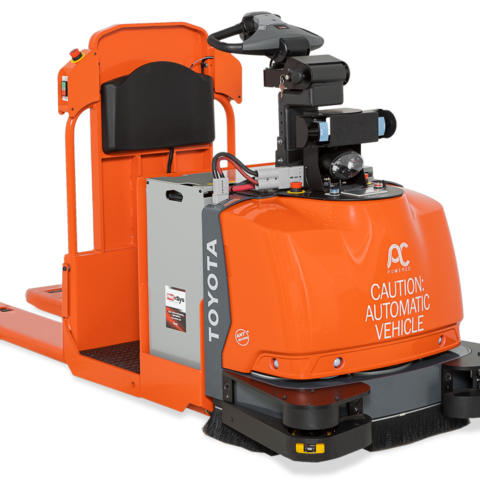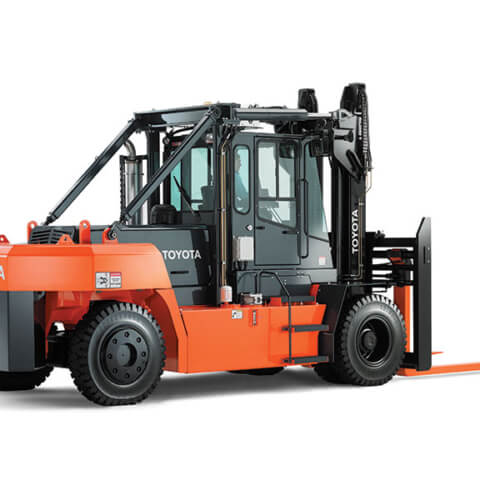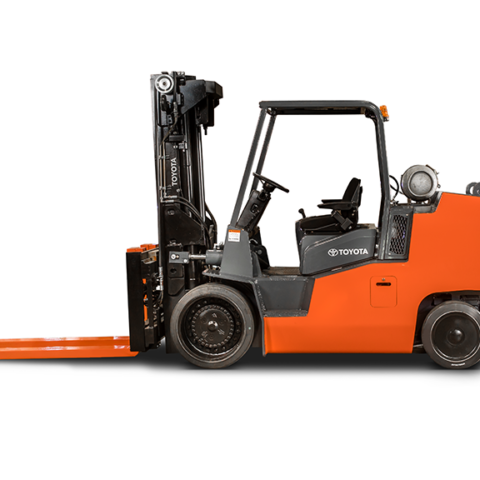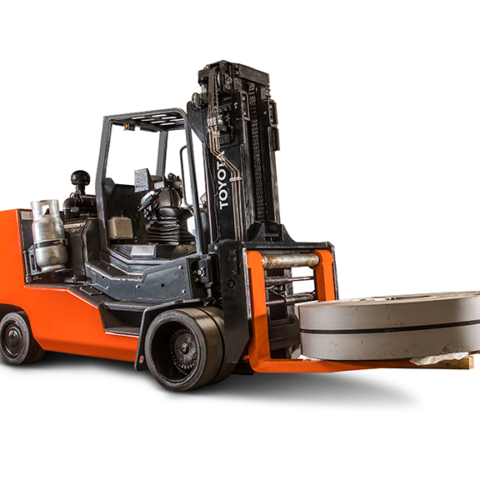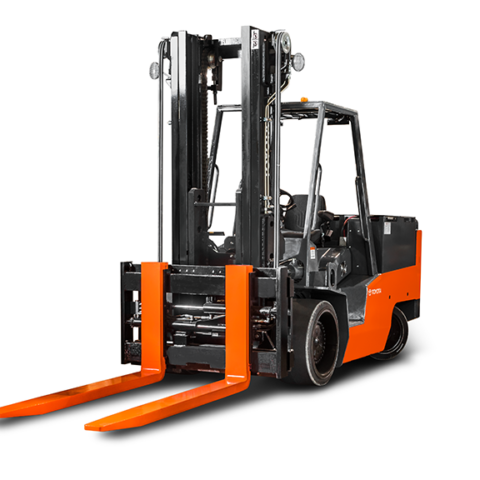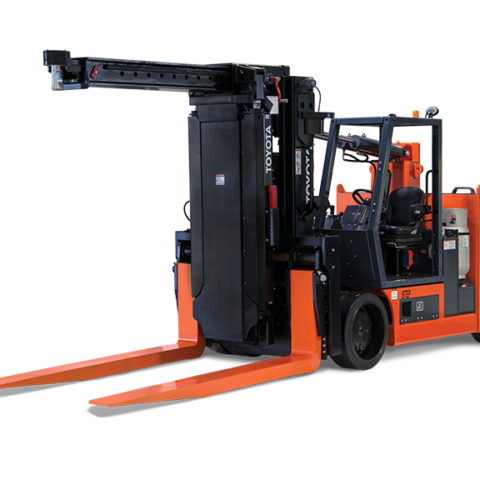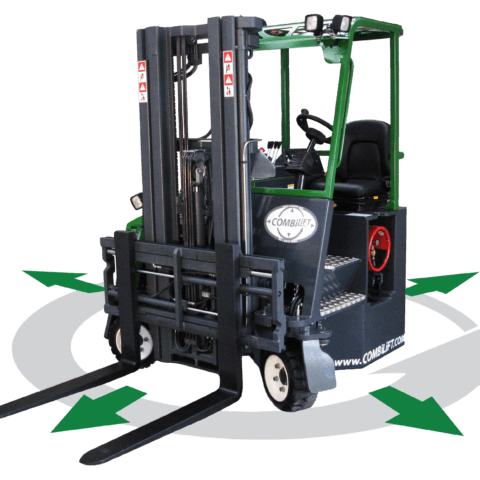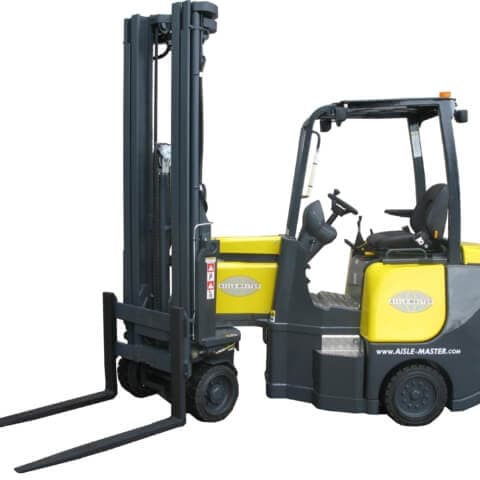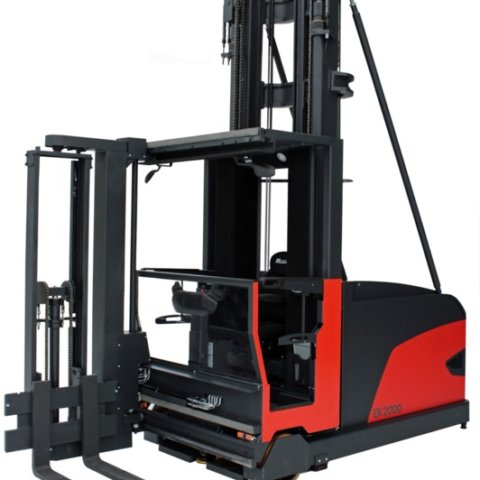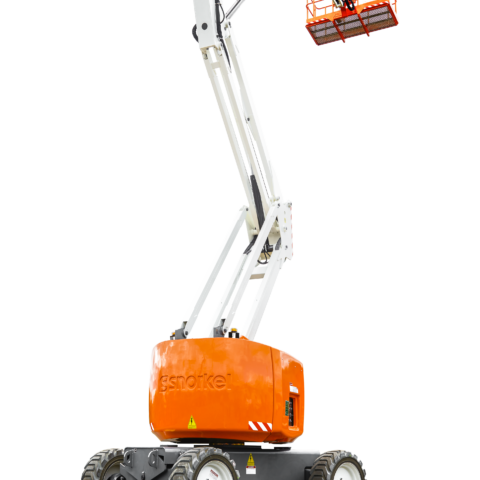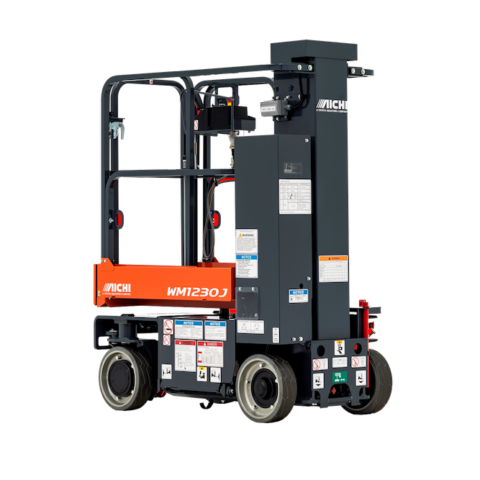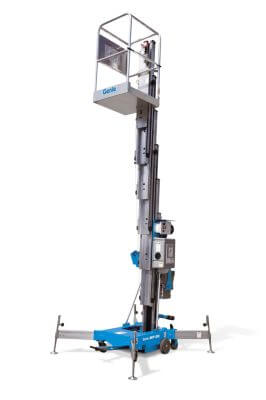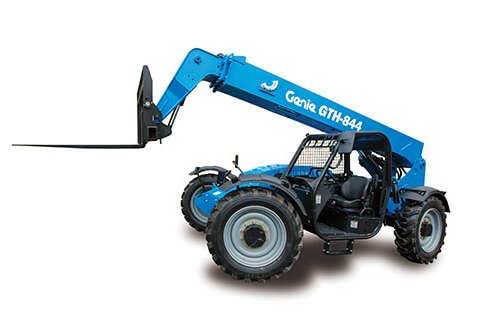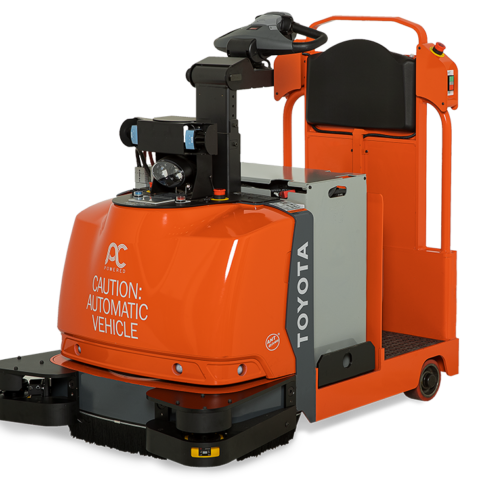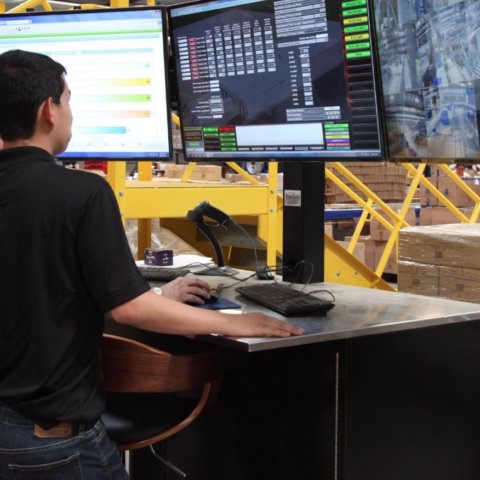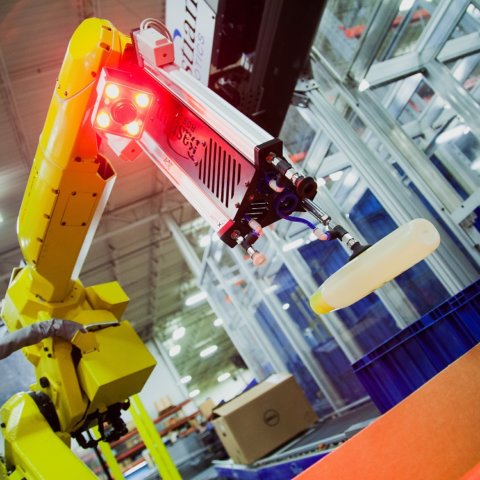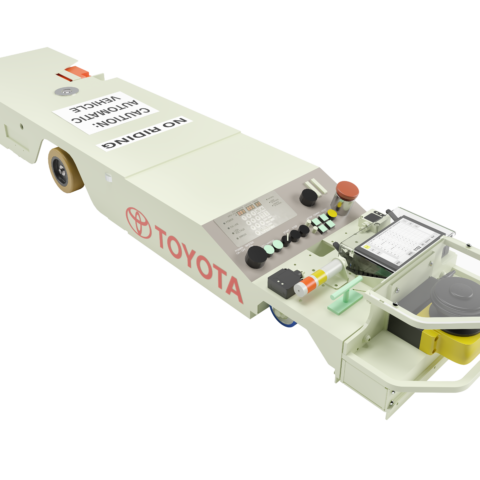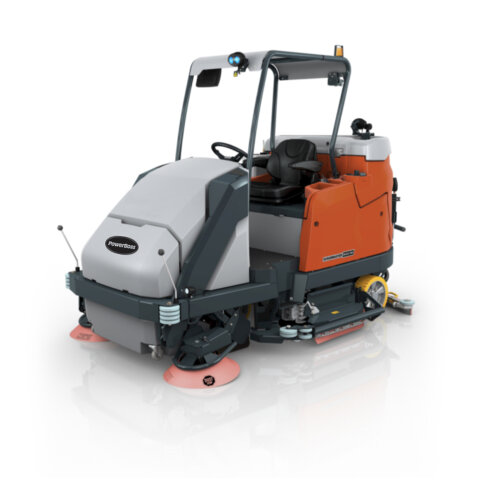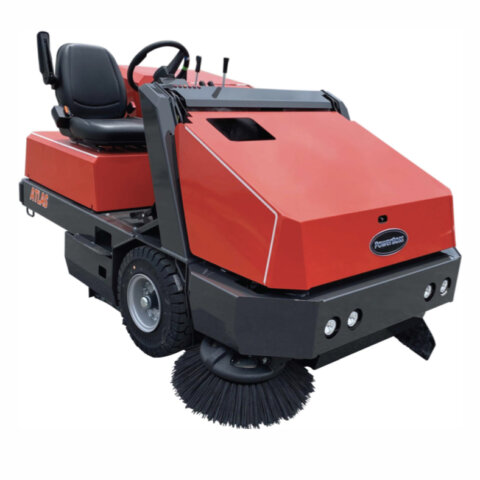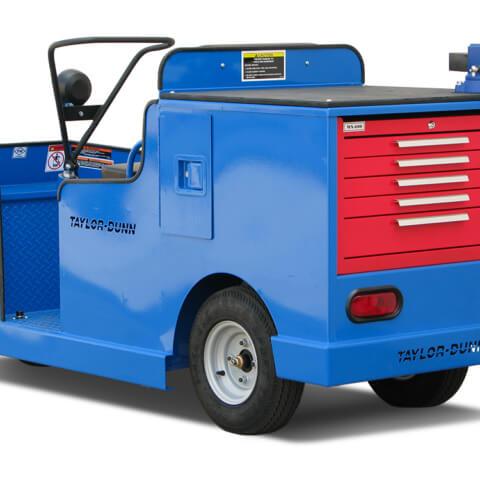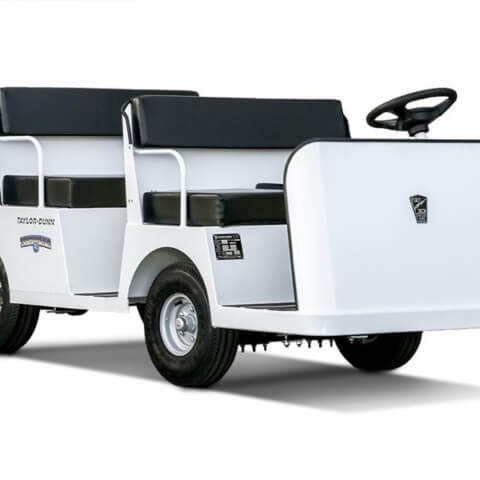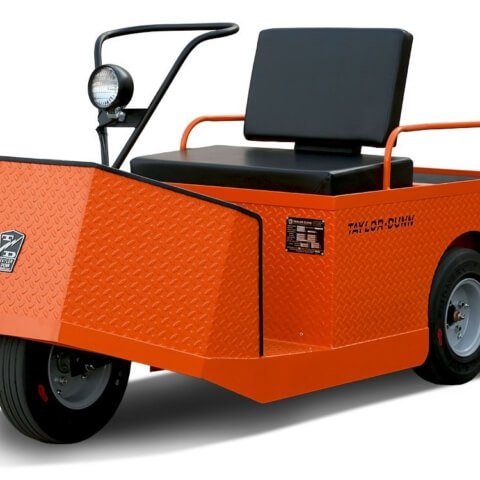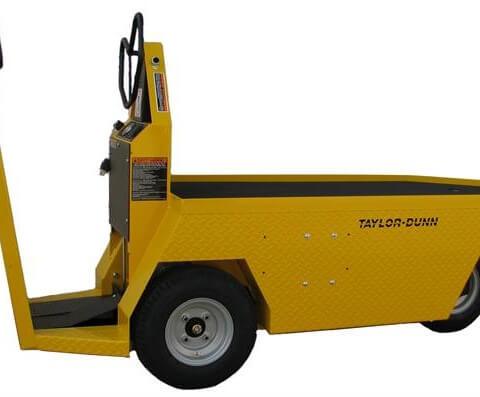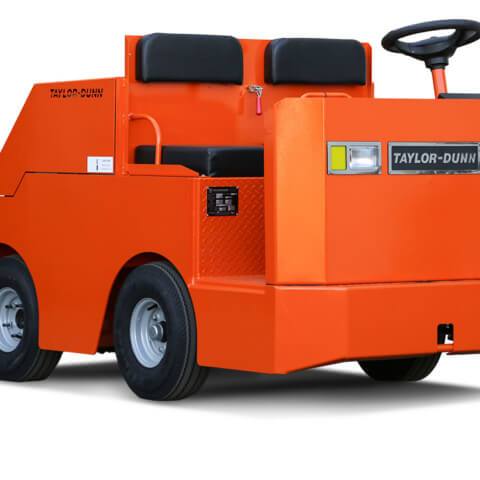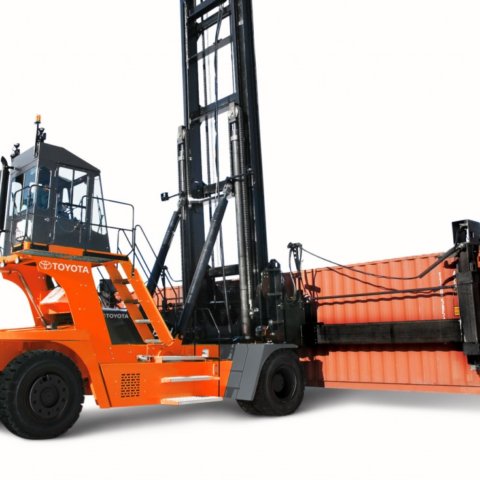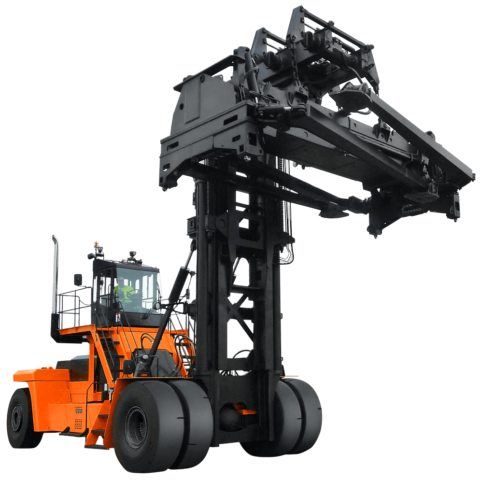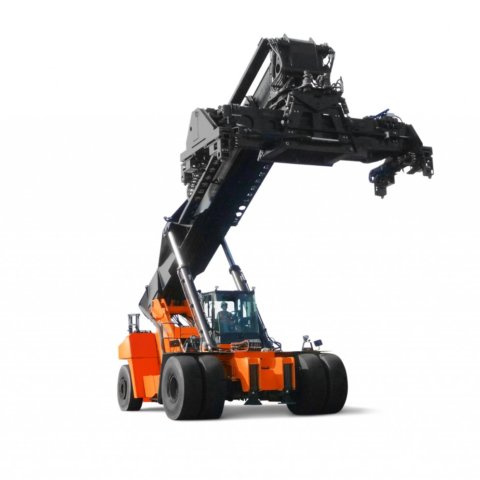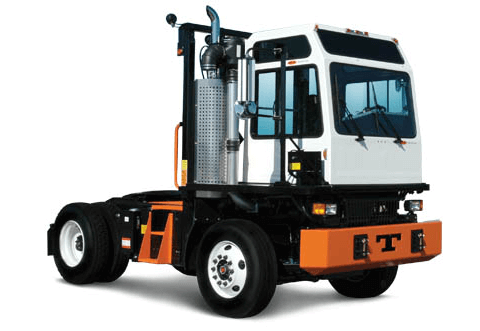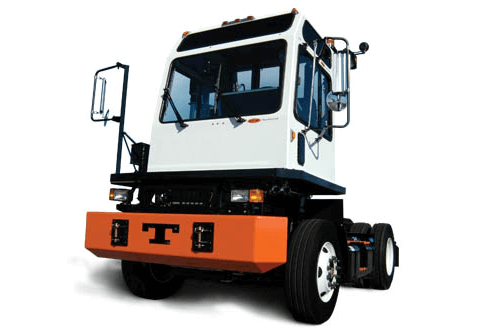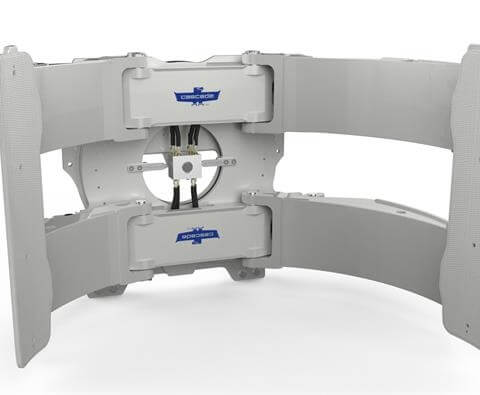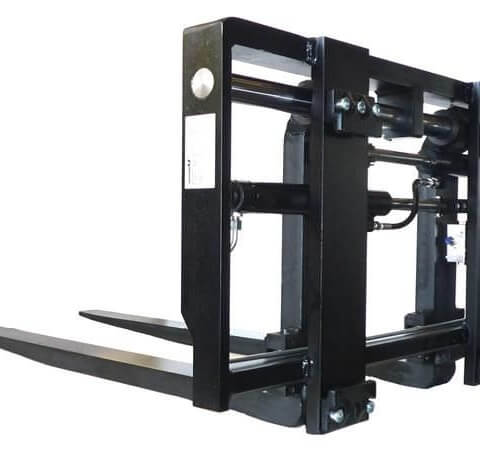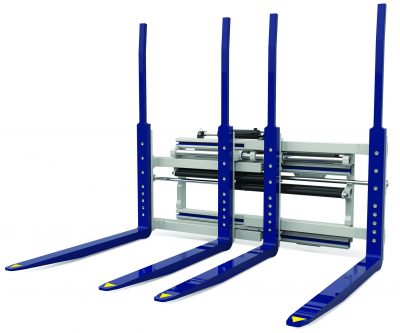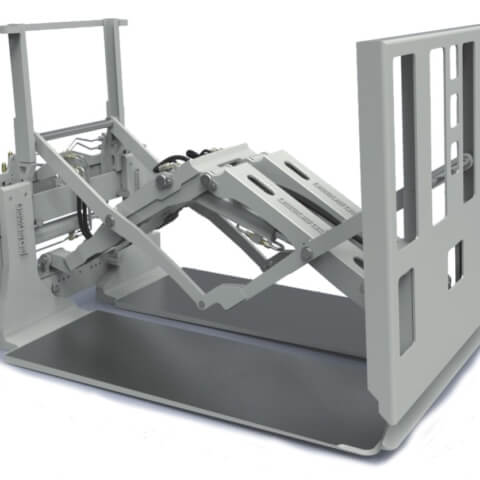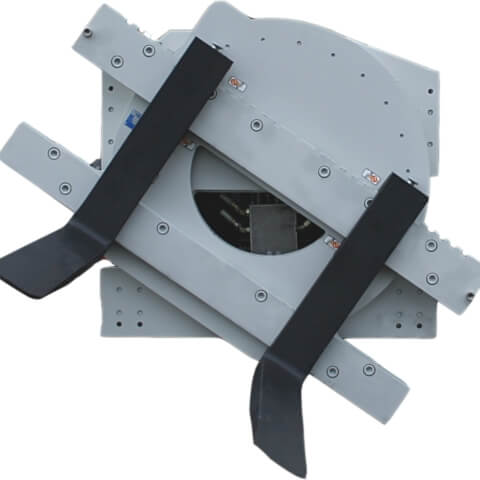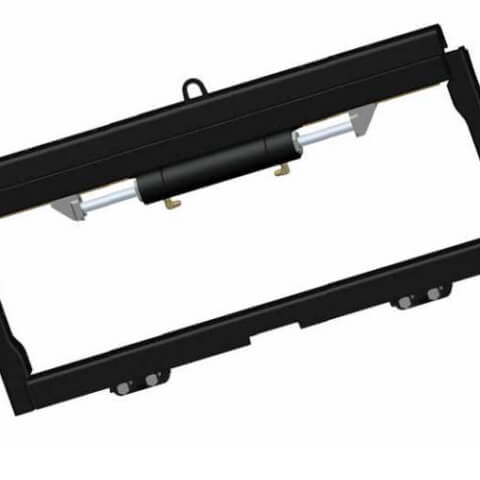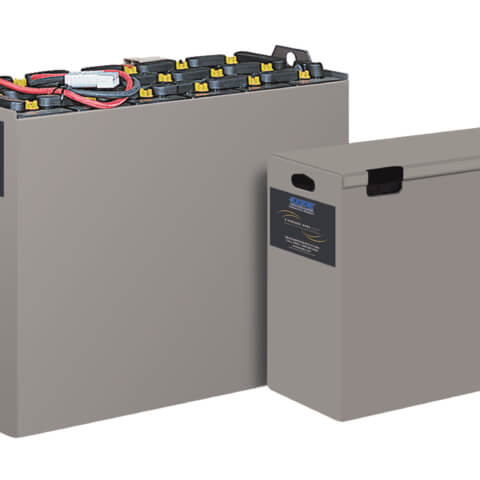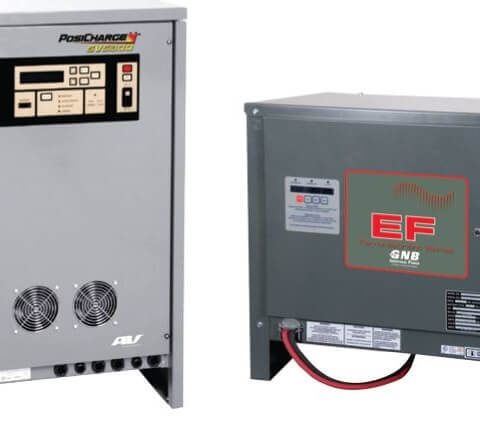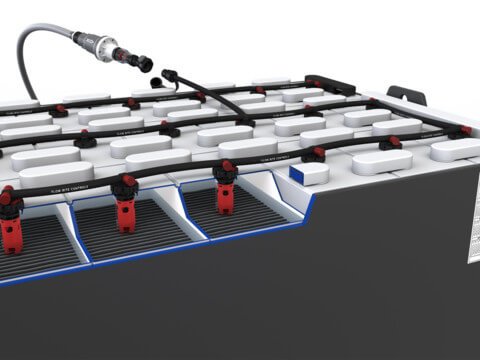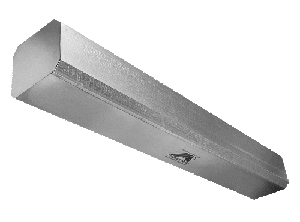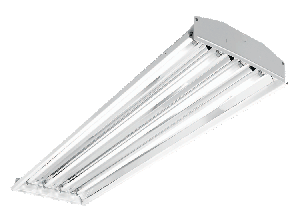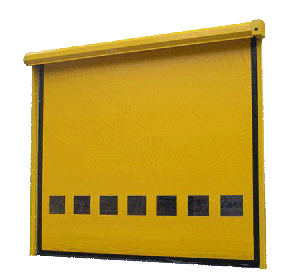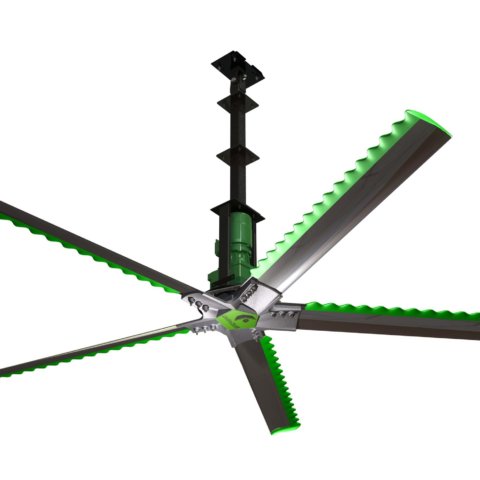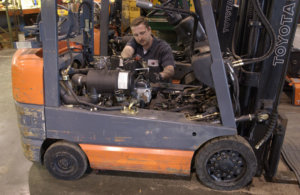
Forklift oil leaks can lead to employee injuries and forklift failure. Dispatch a ProLift technician to help you troubleshoot! REQUEST SERVICE
Are you spotting forklift oil on the warehouse floor? Or, is forklift oil being replenished every two weeks to manage a leak? Forklift oil leaks are bothersome and depending on the source of a forklift oil leak, the repair can be expensive. If the leak isn’t resolved easily with a hose or O-ring replacement, the issue may stem from the engine, transmission, pump, mast or control valve.
But, is it really cheaper to live with a leak? Not when all concerns and costs involved with the forklift and job site safety are considered.
Forklift Oil Leak Safety Hazards
Excessive Heat
The forklift mast going to full height is not a true indicator of sufficient oil levels. A standard forklift carries 3-5 gallons of oil in reserve primarily for cooling but also for installation of a taller mast or attachment that would require more oil. Temperature is a major enemy in the life of components. Over time an expensive pump or other parts may be destroyed because of increased heat.
Slips and Falls
Oil on the floor is a hazard for pedestrian and equipment traffic, leaving a company vulnerable to worker compensation claims. Also, a consistent oil leak is a known hazard and if not eliminated may result in a fine issued by OSHA.
Fire Hazard
On a daily basis, forklifts pick up items such as dust, dirt, paper and shrink wrap. If these elements become soaked with oil, a source of ignition can spark a flame. A forklift fire produces extensive damage and puts employees and product at risk.
Forklift Failure
A forklift is a heavy machine carrying loads in close proximity to employees. A leak can be a sign of future hydraulic system failure. This failure will cause a loss of control of the forklift and its weight. This can prove devastating for the employees in its course.
Consider forklift oil leaks as warning signals. If not heeded, they can lead to progression of the problem, expensive repairs and employee injury.
ProLift services all makes and models of forklifts. Contact us today to service your forklift oil leak!
Contact ProLift
